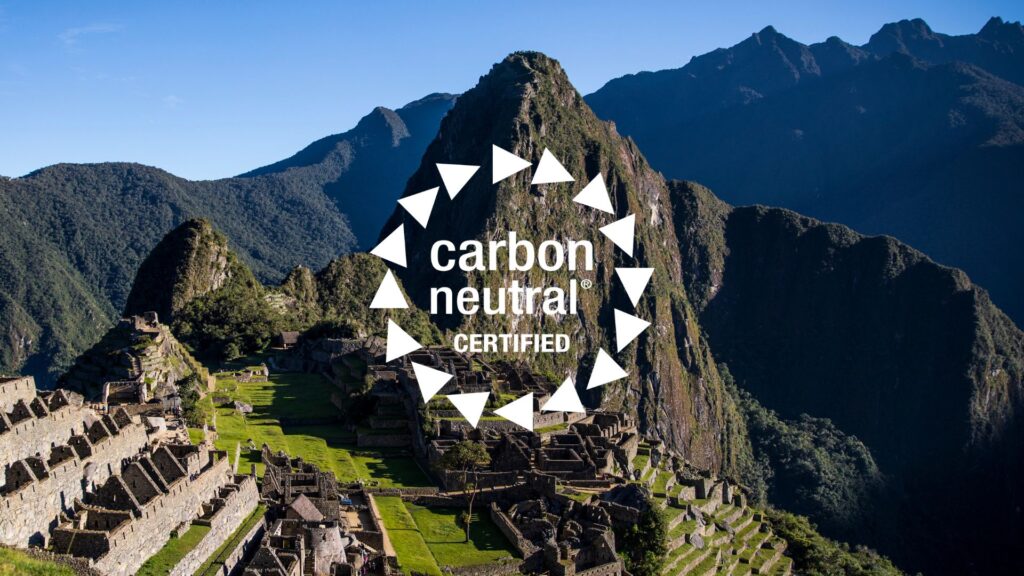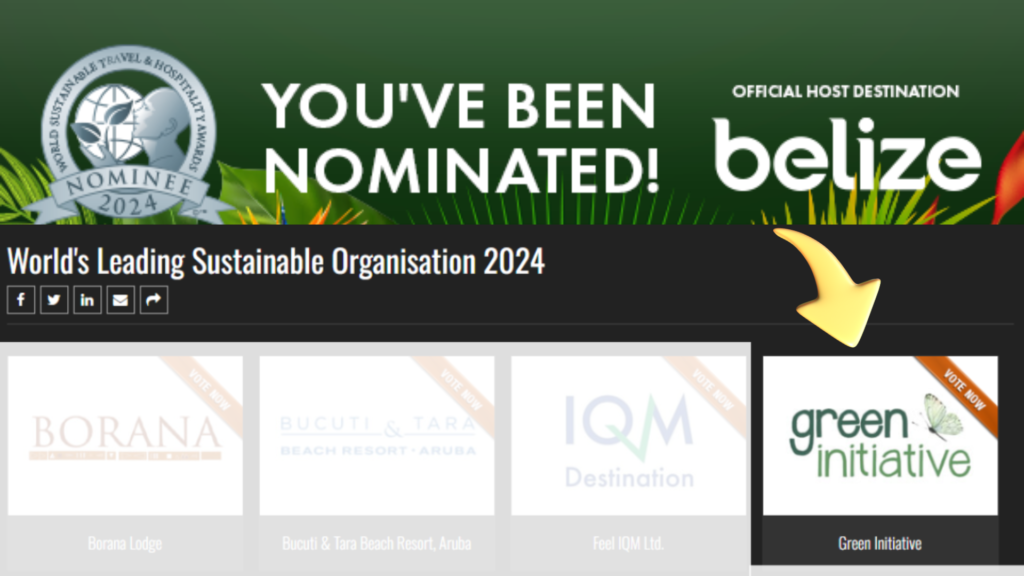How Destinations Can Become Climate Certified and Why It Matters
In today’s climate-conscious world, destinations seeking to be Climate Certified must follow a structured process, provided by Green Initiative. The certifications align them with international sustainability frameworks, including the Paris Agreement and Glasgow Declaration. Here’s how destinations can get certified, and why they should do so. Steps to Climate Certification Why Pursue Certification? Inspiration from Machu Picchu’s Journey A prime example of climate certification success is Machu Picchu, which was recently recertified as Carbon Neutral after achieving an impressive 18.47% reduction in carbon emissions since its 2021 certification. This ancient site has become a global leader in sustainable tourism by implementing comprehensive emission reduction measures, waste management systems, and reforestation projects. Machu Picchu’s journey proves that iconic destinations can effectively align their operations with climate goals while preserving their cultural and natural heritage. By achieving climate certification from Green Initiative, destinations contribute to the global fight against climate change and position themselves as top choices for responsible travelers and businesses. The certification process fosters resilience, ensures compliance with international standards, and paves the way for a sustainable future. You can read the full story here for more on Machu Picchu’s inspiring climate action. How UNESCO-Designated Sites Are Leading Climate Action Destinations looking to achieve climate certification can draw inspiration from UNESCO-designated sites, which are actively integrating climate action into their preservation efforts. As outlined by Green Initiative, UNESCO sites like natural reserves and cultural landmarks are adopting sustainable practices to safeguard both heritage and ecosystems. These sites are not only reducing emissions but also enhancing climate resilience by protecting biodiversity, demonstrating that climate-conscious tourism is feasible and essential for long-term conservation. For more on this topic, visit here. Bonito’s Leadership in Climate Action Another outstanding example of climate certification is Bonito, a renowned ecotourism destination in Brazil. Bonito achieved climate certification through its commitment to sustainability, implementing actions that have reduced its carbon footprint while preserving its natural wonders. Bonito’s certification underlines the importance of eco-friendly practices in tourism, proving that destinations can thrive while protecting their ecosystems. City mayors and tourism leaders can follow Bonito’s lead by engaging with Green Initiative to guide their climate action efforts. “We are here today because this is the result of work done by the destination for many years. Bonito is inherently responsible, and this certification is not just an award but a global commitment that Bonito makes to the world, to become an even more responsible destination. This achievement reflects decades of responsible management, environmental care, and the dedication of local businesses and guides. Celebrate, but also remember that we have an even greater commitment moving forward to achieve more in the coming years.” – Bruno Wendling, president director of Fundtur, emphasized the importance of Bonito’s long-standing efforts in achieving certification. For more information, see here. A Call to Action for City Mayors and Tourism Secretariats City mayors and secretariats play a critical role in shaping sustainable tourism and reducing their cities’ environmental impact. By partnering with Green Initiative, cities can embark on a journey toward climate certification, ensuring a resilient future while promoting eco-friendly tourism. Green Initiative offers expert advisory and guidance, resources, and certification programs to help cities reduce their carbon footprint, protect and restore ecosystems, and lead the way in global climate action. We encourage city leaders to contact us to explore how their destination can become climate-certified and set a benchmark for sustainable urban tourism. We strongly encourage downloading Green Initiative’s Climate Action Guide for Tourism Destinations here. This comprehensive guide provides essential tools and strategies for reducing emissions, improving resource efficiency, and aligning with global climate commitments. By following the steps outlined in the guide, destinations can build resilience, attract eco-conscious travelers, and lead the way in responsible tourism. It’s a critical resource for those ready to take meaningful action for the future. Reach out to us today to start your city’s climate journey!
How Destinations Can Become Climate Certified and Why It Matters Read More »










